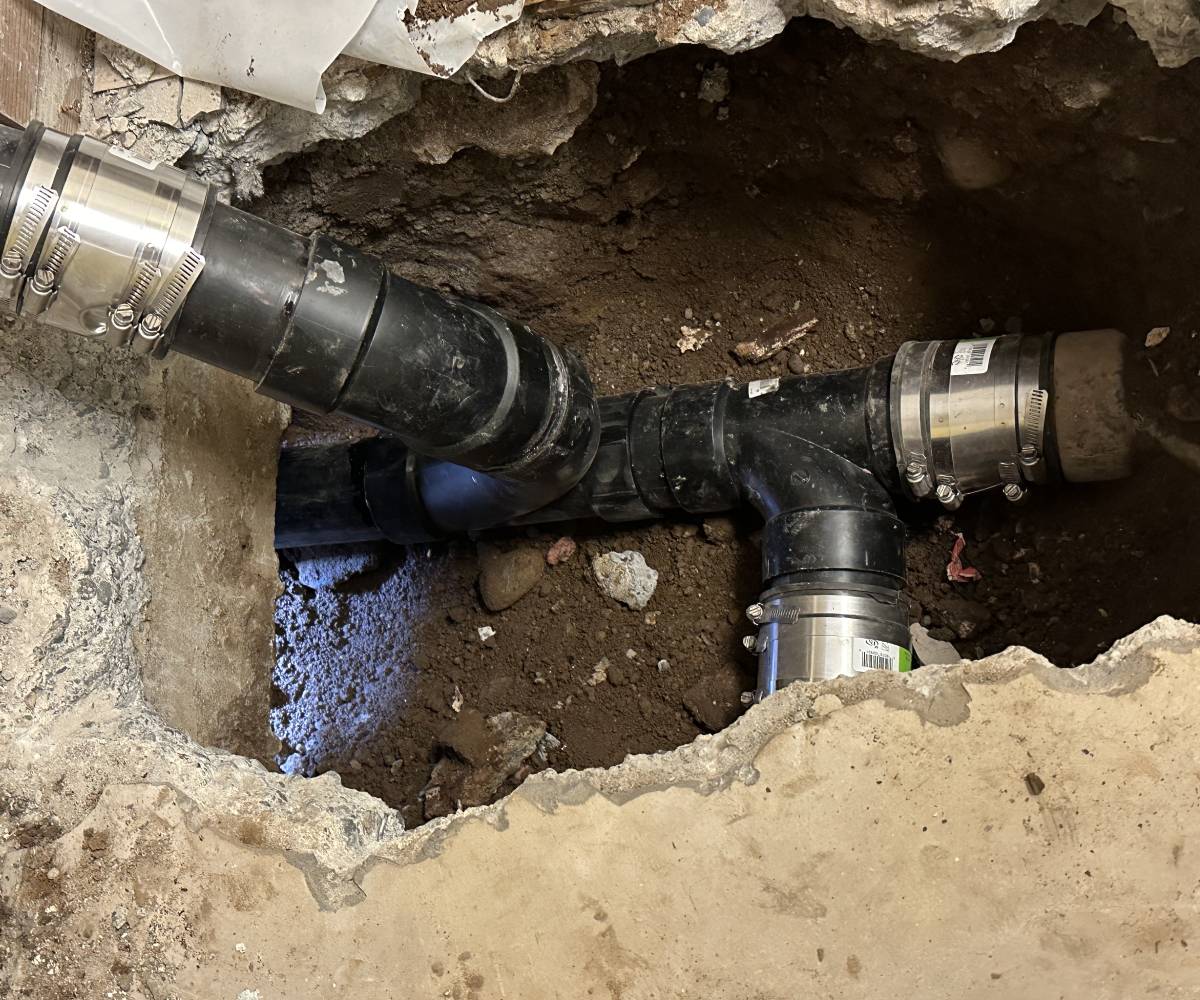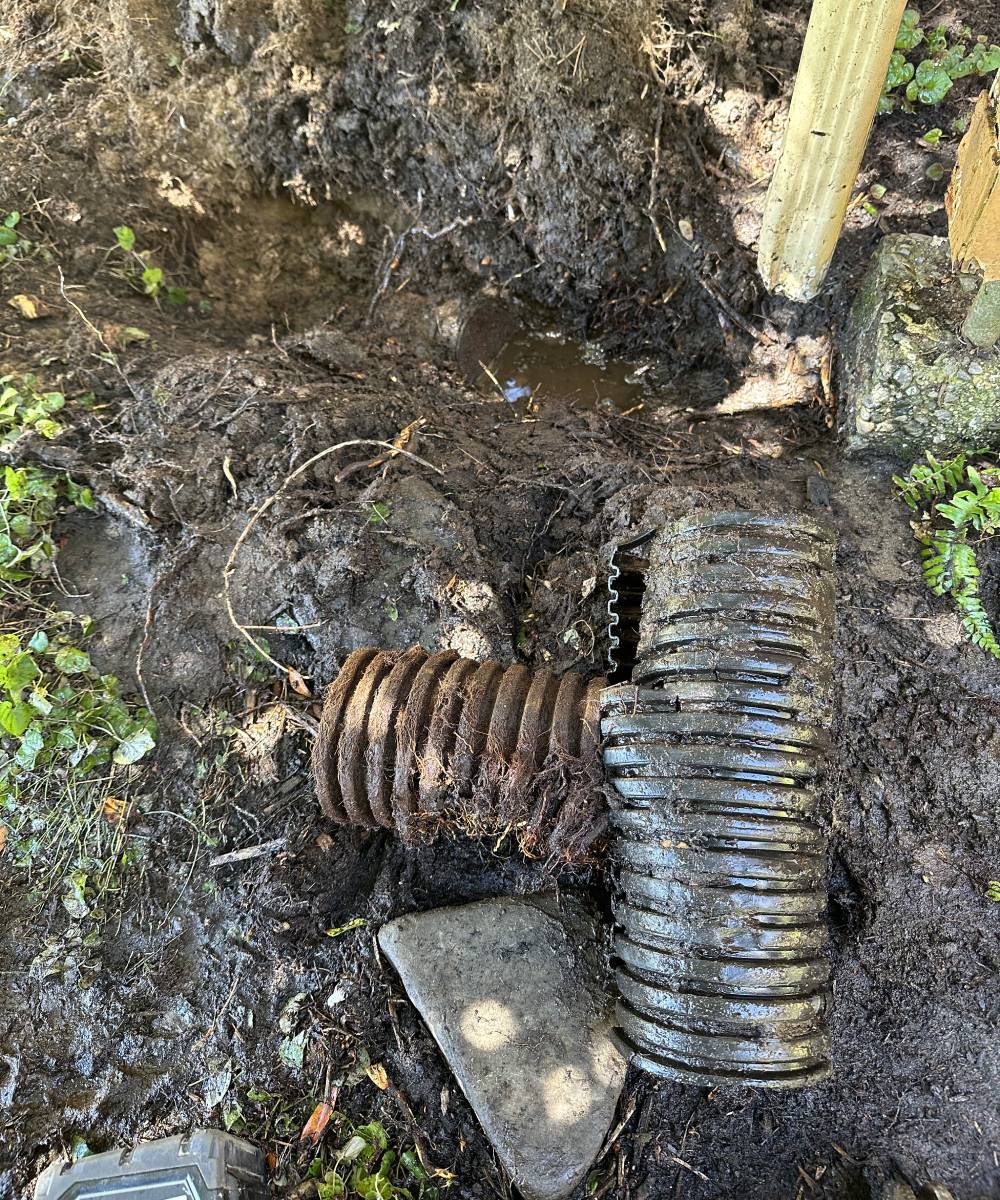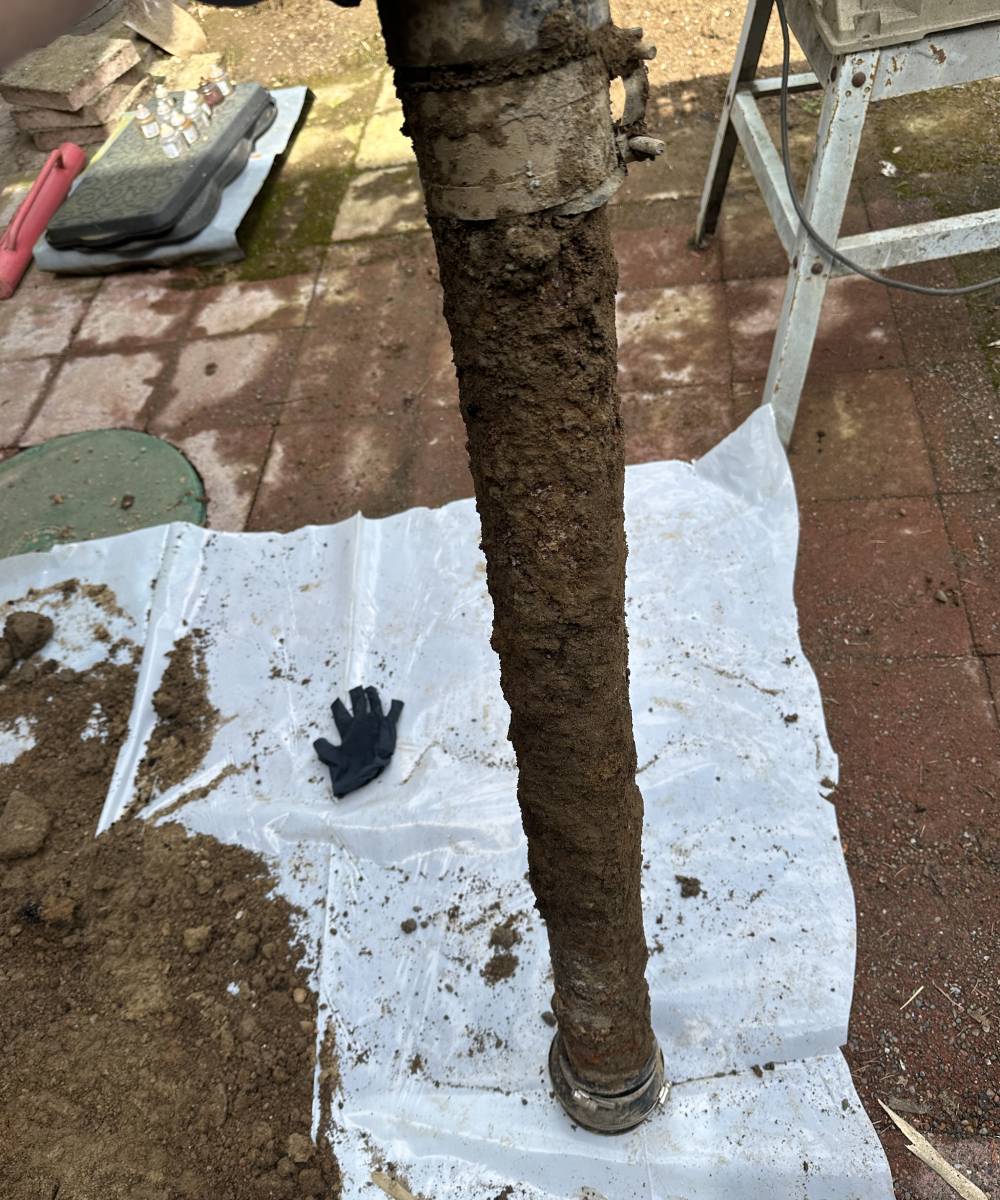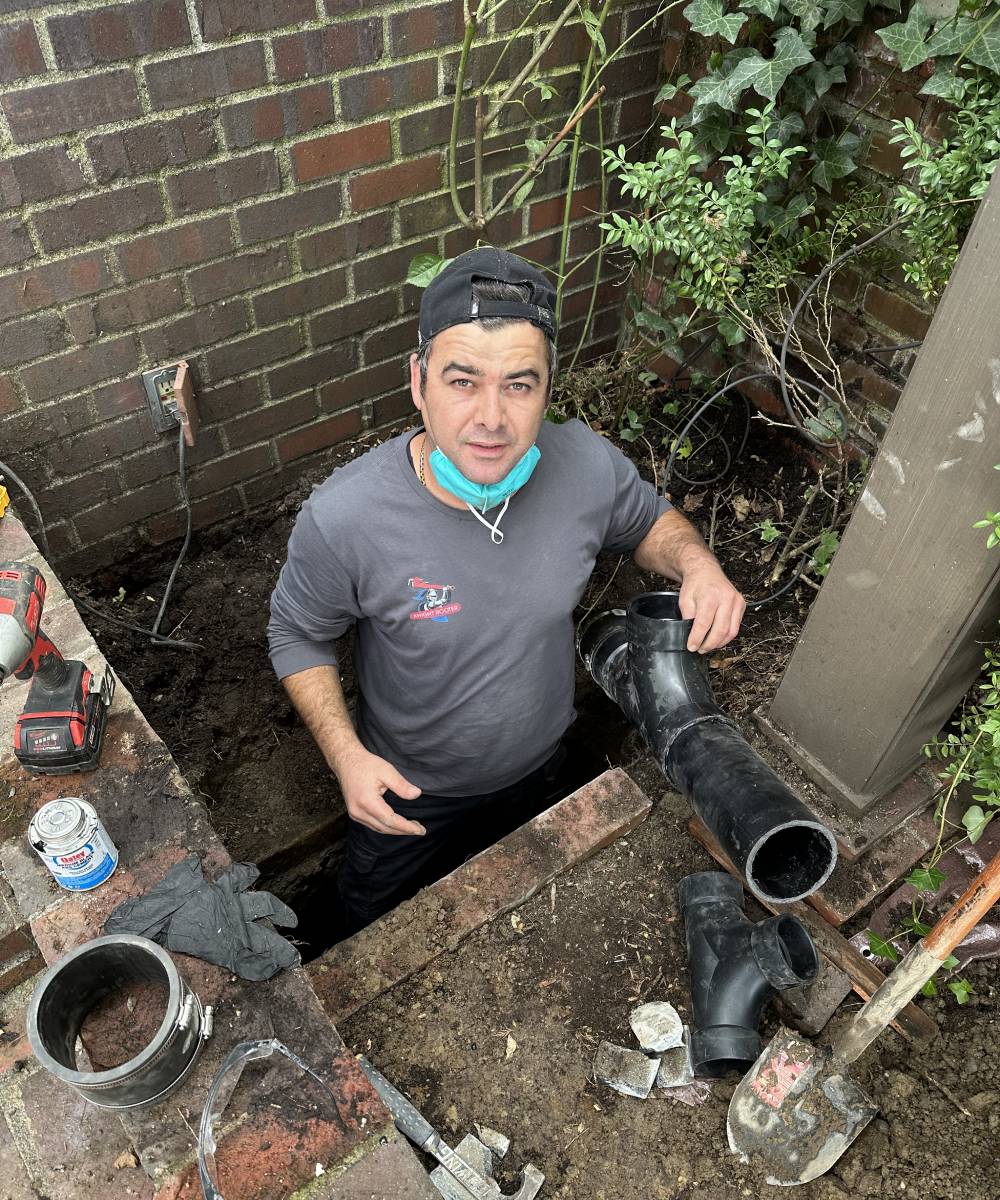Proper watering techniques are essential for a thriving garden, but poor drainage can lead to a range of problems, from waterlogged plants to soil erosion. Effective water management helps ensure your garden flourishes without causing unnecessary drainage issues. In this blog post, we will provide you with practical tips on how to water your garden while preventing drainage problems, helping you create an ideal environment for your plants and landscaping.
Understanding Drainage Issues in the Garden
Drainage problems can significantly affect the health and appearance of your garden. When water accumulates in one spot, it can lead to:
- Root Rot: Plants with excessive water around their roots are at risk of root rot, which can cause them to die.
- Soil Erosion: Excess water flowing down slopes can wash away valuable topsoil, leading to bare patches in your garden.
- Mold and Fungal Growth: Stagnant water creates an ideal environment for mold and fungus, which can harm plants and make your garden unsightly.
Effective watering practices and drainage solutions are essential to prevent these issues and create an optimal growing environment for your plants.
Why Proper Watering is Key to Prevent Drainage Problems
Watering plays a significant role in maintaining garden health, but overwatering or watering too frequently can lead to drainage problems. Here’s why proper watering is important:
1. Prevents Waterlogging
Watering your garden evenly and allowing soil to absorb moisture helps prevent the accumulation of excess water, which can result in waterlogged soil. This is particularly important for plants that need well-drained soil.
2. Helps Manage Water Distribution
When you water properly, you distribute moisture evenly across the soil, ensuring all plants get the nutrients they need. Inadequate watering or overwatering can cause uneven moisture levels, leading to root stress.
3. Reduces the Risk of Disease
Excess moisture in the soil can encourage fungal infections and mold growth, harming plant health. Proper watering reduces this risk by maintaining appropriate soil moisture levels.
Effective Watering Techniques for Healthy Gardens
To avoid drainage issues, it’s essential to adopt watering techniques that support healthy growth and proper soil moisture:
1. Water Deeply, Not Frequently
Rather than watering lightly every day, aim to water deeply once or twice a week. This encourages deep root growth and helps the water reach deeper layers of soil, reducing the risk of surface runoff.
2. Use Drip Irrigation or Soaker Hoses
Drip irrigation systems or soaker hoses are ideal for delivering water directly to the soil, minimizing evaporation and runoff. These systems allow water to seep slowly into the ground, preventing waterlogging and ensuring your plants receive the right amount of moisture.
3. Water Early in the Morning or Late in the Evening
Watering during the early morning or late evening hours helps prevent water from evaporating quickly in the sun. This allows the water to penetrate the soil more effectively.
4. Check Soil Moisture Regularly
Before watering, check the moisture level of your soil. Stick your finger a few inches into the soil to see if it’s dry or damp. If it’s still moist, skip watering for the day to avoid overwatering.

Garden Drainage Solutions
If you already have drainage issues, or if you want to prevent future problems, here are some drainage solutions to improve water flow in your garden:
1. French Drain Systems
A French drain is a trench filled with gravel or rock that redirects water away from the garden. It’s an effective solution for areas with poor natural drainage, as it helps guide excess water to a more suitable location.
2. Rain Gardens
A rain garden is a shallow depression in the landscape designed to collect and absorb rainwater. By planting moisture-loving plants in these areas, you can prevent water from accumulating on your lawn or in areas that are prone to erosion.
3. Permeable Pavement
In areas where you want to create walkways or driveways, permeable pavement allows rainwater to filter through and be absorbed into the ground, preventing runoff and pooling in your garden.
4. Dry Wells
Dry wells are underground chambers designed to hold water temporarily and allow it to slowly seep into the surrounding soil. This solution is perfect for areas where drainage issues are frequent.
5. Gutter and Drainpipe Maintenance
Keep your gutters and downspouts clear of debris to ensure that water is directed away from your garden. Blocked gutters can cause water to pool around the foundation of your house or garden, worsening drainage problems.
For reliable drainpipe maintenance, contact KnightRooter for professional service.
How to Select Plants for Wet Conditions
Certain plants thrive in wet conditions, and selecting the right ones for your garden can help prevent drainage problems while adding beauty to your space. Consider these plant varieties for areas prone to excessive moisture:
- Creeping Jenny
- Japanese Iris
- Swamp Milkweed
- Cardinal Flower
- Black-eyed Susan
These plants are adapted to handle moist, well-drained soil, helping absorb excess water and prevent pooling.
The Role of Mulching and Rain Gardens in Drainage
Mulching is another helpful strategy for managing water and avoiding drainage issues in the garden:
1. Mulching for Moisture Retention
Mulch helps to retain moisture in the soil, reducing the need for frequent watering. It also improves soil structure and promotes healthy root growth, making it easier for your garden to absorb water evenly.
2. Rain Garden Installation
As mentioned earlier, rain gardens help capture excess rainwater and allow it to gradually filter into the ground. Installing a rain garden in areas that are prone to pooling can prevent soil erosion and drainage problems in the long run.
When to Call a Professional for Drainage Issues
While many drainage problems can be managed through proper watering and simple fixes, some issues may require professional assistance. If you’re dealing with persistent drainage problems, it’s time to contact an expert. A professional plumber or landscaper can help with:
- French drain installation
- Rain garden design and installation
- Drainpipe maintenance and repairs
- Sewer line inspections
For comprehensive drainage solutions, contact KnightRooter for expert advice and service.
By following these techniques and implementing the right drainage solutions, you can keep your garden healthy and free from water-related issues. Whether it’s adjusting your watering habits or installing a rain garden, taking the necessary steps can ensure that your garden flourishes while preventing drainage problems.
For expert help with drainage solutions, trust KnightRooter to keep your home and garden in optimal condition.
FAQ
1. How can I improve drainage in my garden naturally?
Use organic matter such as compost to improve soil structure and increase water absorption. Additionally, incorporating mulch, creating French drains, or installing rain gardens can help improve drainage.
2. What’s the best way to prevent waterlogging in my garden?
Ensure you water deeply but infrequently, check the soil moisture regularly, and use well-draining soil. Additionally, consider installing a French drain system if water accumulates in certain areas.
3. Can I plant in areas with poor drainage?
Yes, by choosing plants that thrive in wet conditions, like ferns and certain types of lilies, you can effectively manage areas with poor drainage.
4. When should I call a plumber for drainage issues?
If you notice persistent drainage problems that don’t improve with simple fixes, it may be time to consult a professional for a full inspection and solution, such as drainpipe maintenance or installing French drains.
For Seattle homeowners, ensuring your garden’s drainage is prepared for the season is essential. Proper maintenance, including effective watering techniques and drainage solutions, helps prevent costly issues like waterlogging and erosion.
For expert drainpipe maintenance in Seattle and reliable drainage solutions, trust KnightRooter to keep your garden thriving and your drainage systems in top condition throughout the year.





No comment yet, add your voice below!